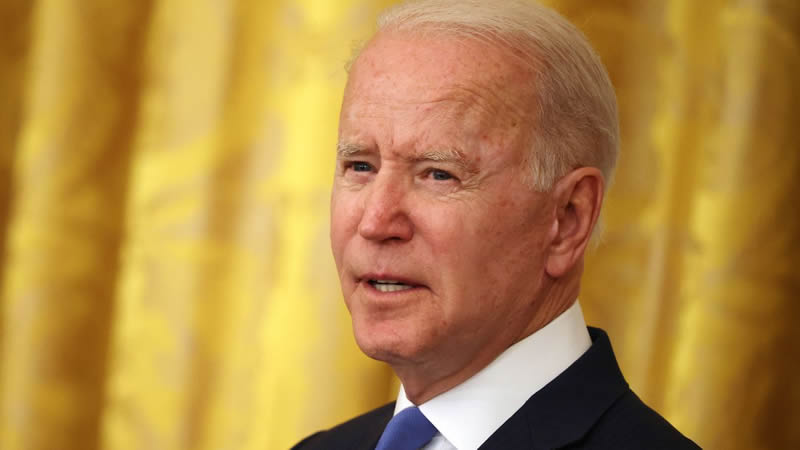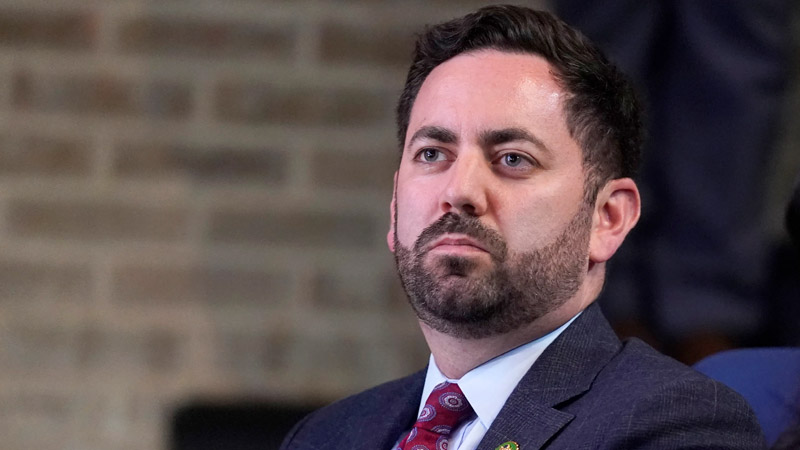Joe Biden administration urges Supreme Court not to hear Apple-Caltech patent case

Source: ABC News
On Tuesday, the US Solicitor General, Elizabeth Prelogar, advised the US Supreme Court to dismiss an appeal made by Apple Inc and Broadcom Inc. This appeal was in response to their $1.1 billion loss in a patent infringement case against the California Institute of Technology.
Prelogar supported the ruling made by the US Court of Appeals for the Federal Circuit in the previous year. According to that ruling, the companies were not allowed to challenge the validity of Caltech’s patents in court because Apple had not presented its invalidity arguments to the US Patent Office.
Caltech chose not to provide a comment regarding the filing made by the solicitor general. There has been no immediate response from the representatives of the companies involved or the solicitor general’s office regarding requests for comments.
Caltech, headquartered in Pasadena, California, filed a lawsuit against Apple and Broadcom in the federal court of Los Angeles back in 2016. The lawsuit alleged that numerous Apple devices, such as iPhones, iPads, and Apple Watches, which incorporated Broadcom Wi-Fi chips, infringed upon Caltech’s patents related to data transmission.
Additionally, Caltech has initiated separate lawsuits against Microsoft Corp, Samsung Electronics Co, Dell Technologies Inc, and HP Inc, alleging infringement of the same patents. These cases are currently pending, told US News.
In 2020, a jury ruled that Apple was obligated to pay Caltech $837.8 million, while Broadcom was required to pay $270.2 million. However, the Federal Circuit expressed concerns regarding the awarded amounts and consequently sent the case back for a new trial on damages. As of now, the schedule for the new trial is yet to be determined.
During the proceedings at the Federal Circuit, Apple and Broadcom contended that they should have been permitted to challenge the validity of the patents during the trial. The appeals court upheld the decision to exclude these arguments, reasoning that Apple had the opportunity to raise them when submitting petitions for the Patent Office’s review of the patents.
In their submission to the Supreme Court, the companies asserted that the Federal Circuit misinterpreted the law, arguing that it only prohibits arguments that could have been raised during the review process itself.
In response, Solicitor General Prelogar, in her brief filed on Tuesday, affirmed that the Federal Circuit correctly interpreted the law.


